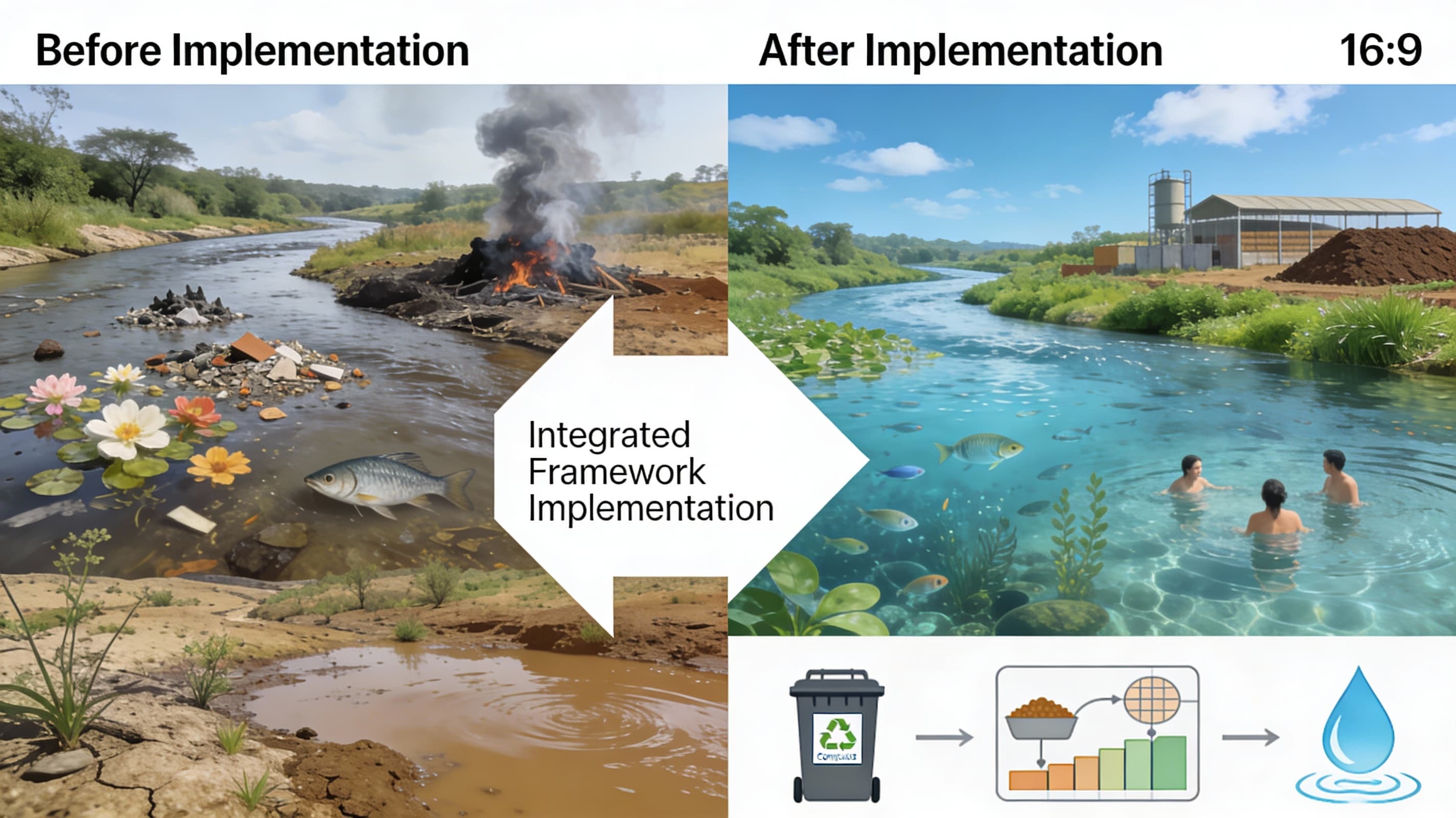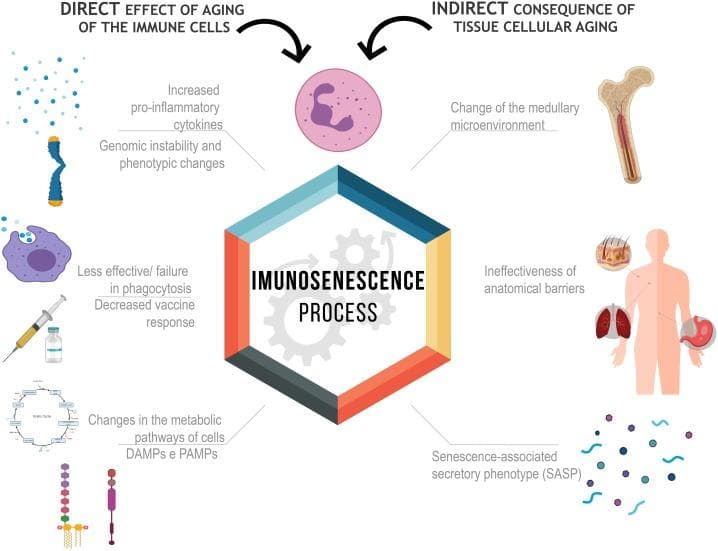
Integrating Cultural Practices with Environmental Regulation: A Framework for Reducing Air and Ecosystem Pollution
Environmental pollution in densely populated regions remains a persistent challenge, particularly where cultural, religious, and social practices intersect with fragile ecosystems.





